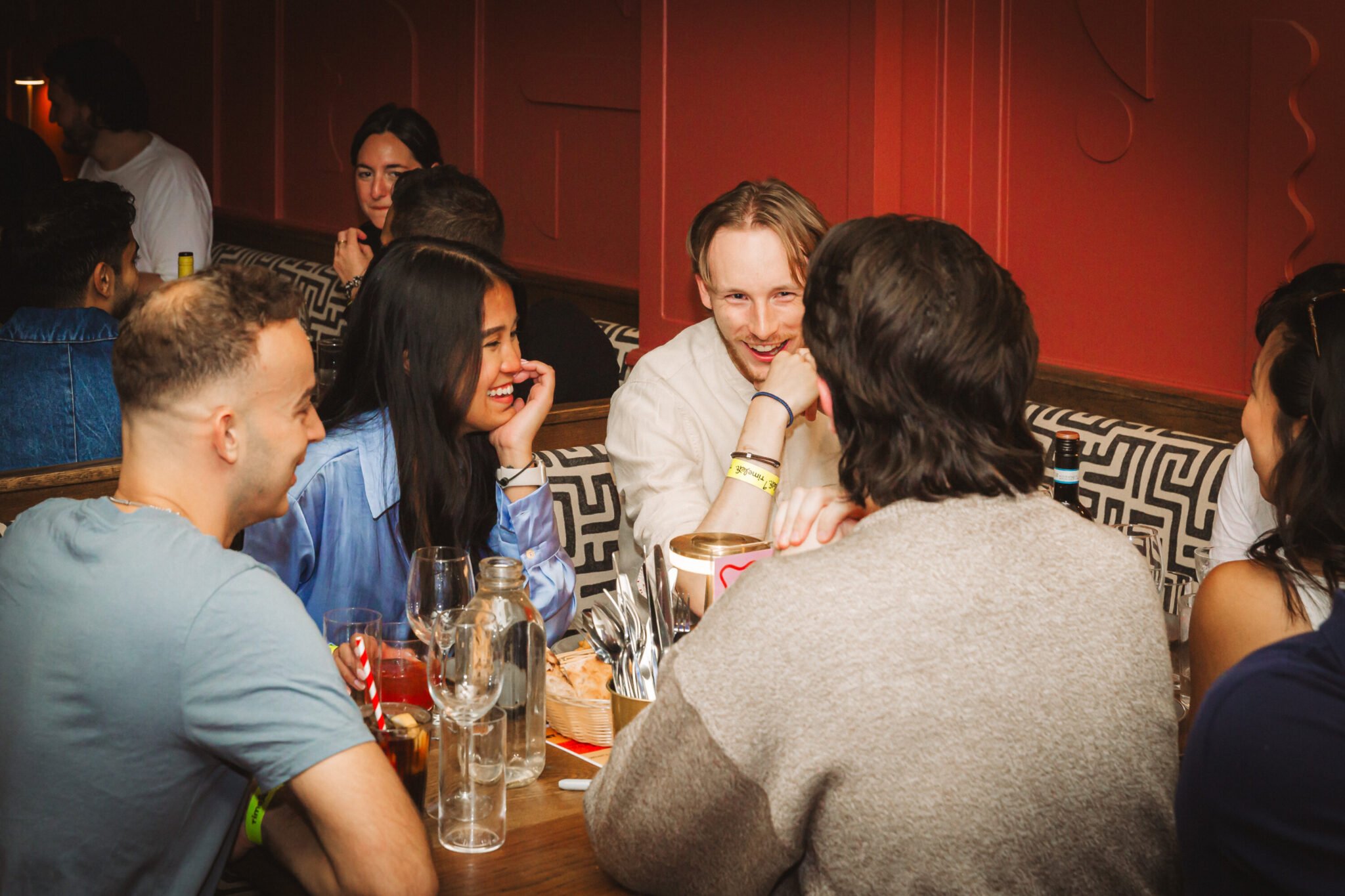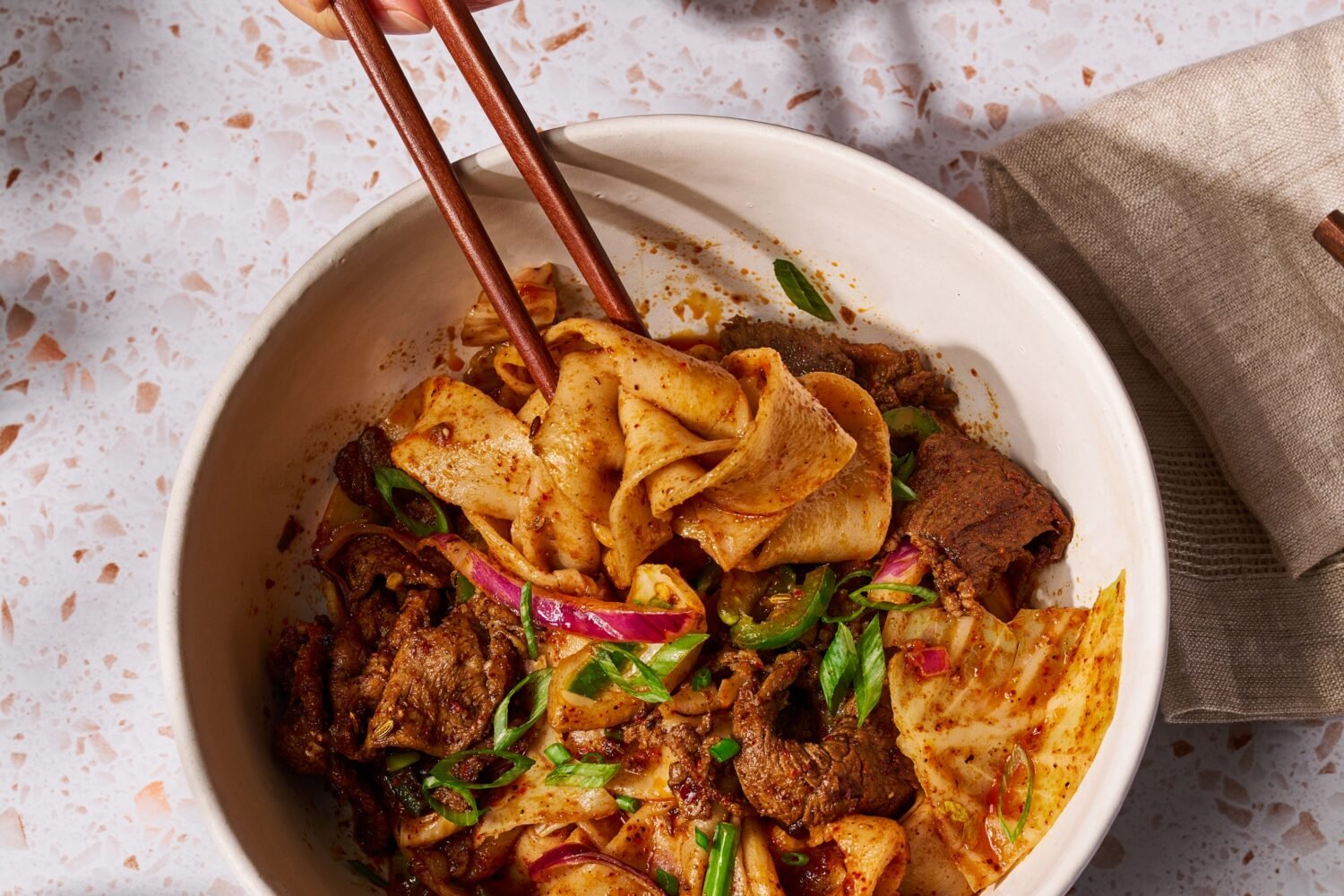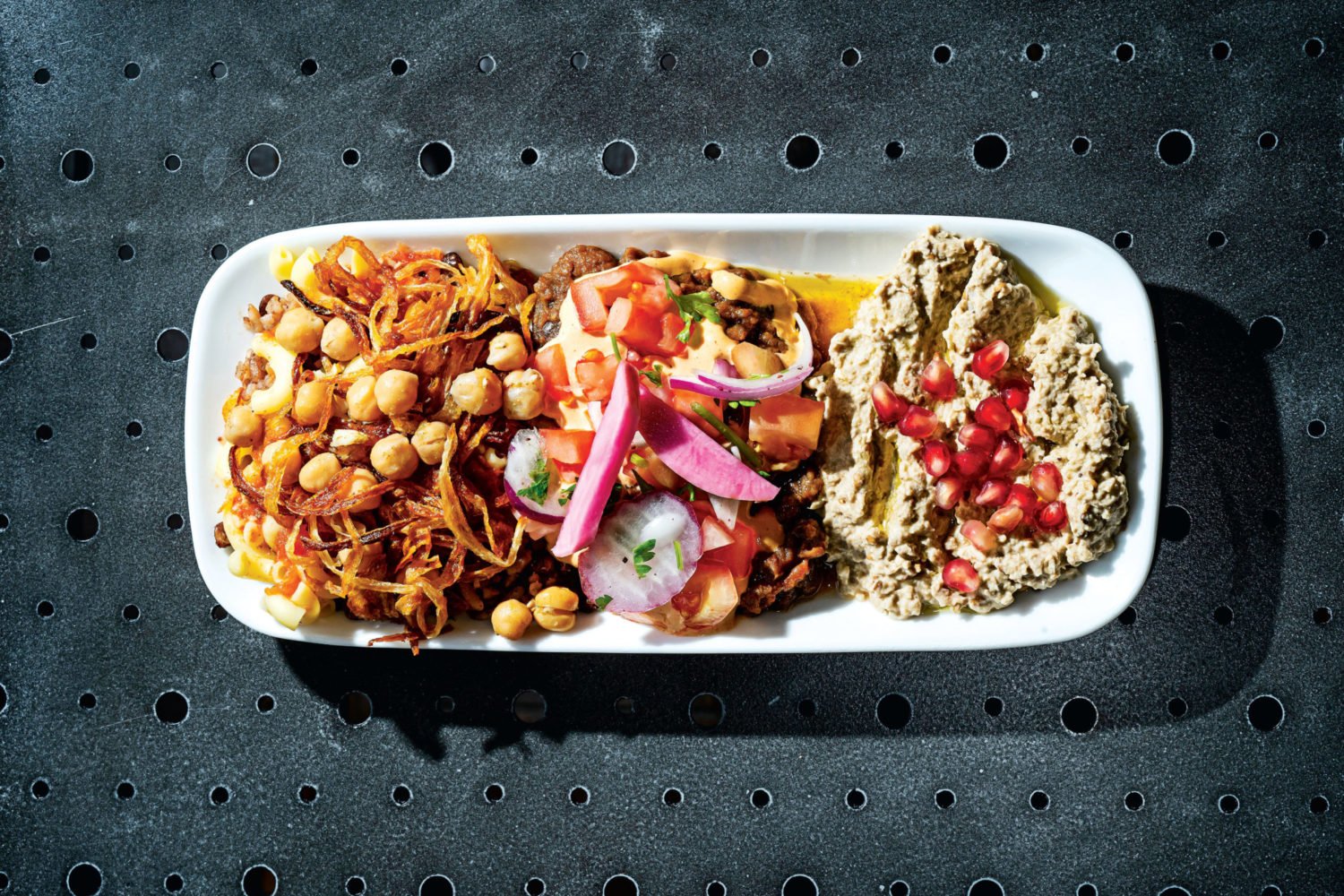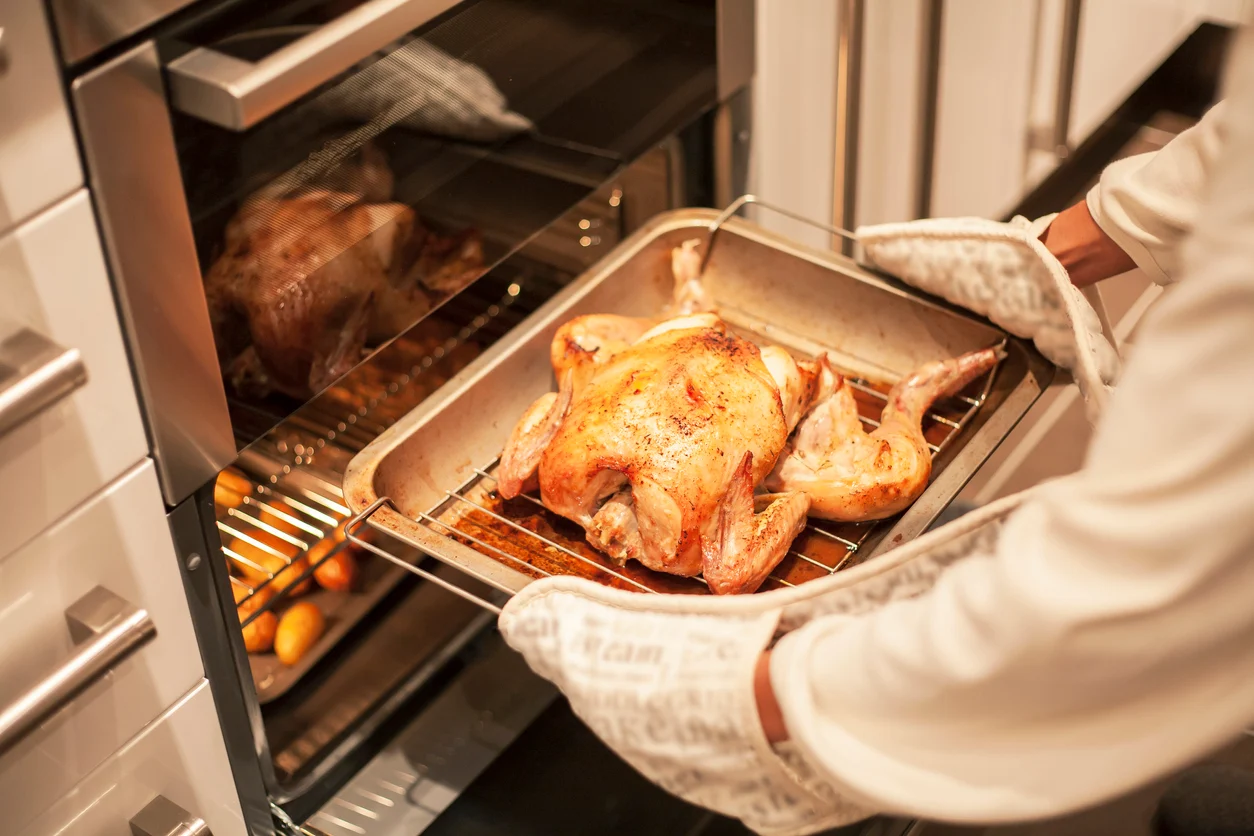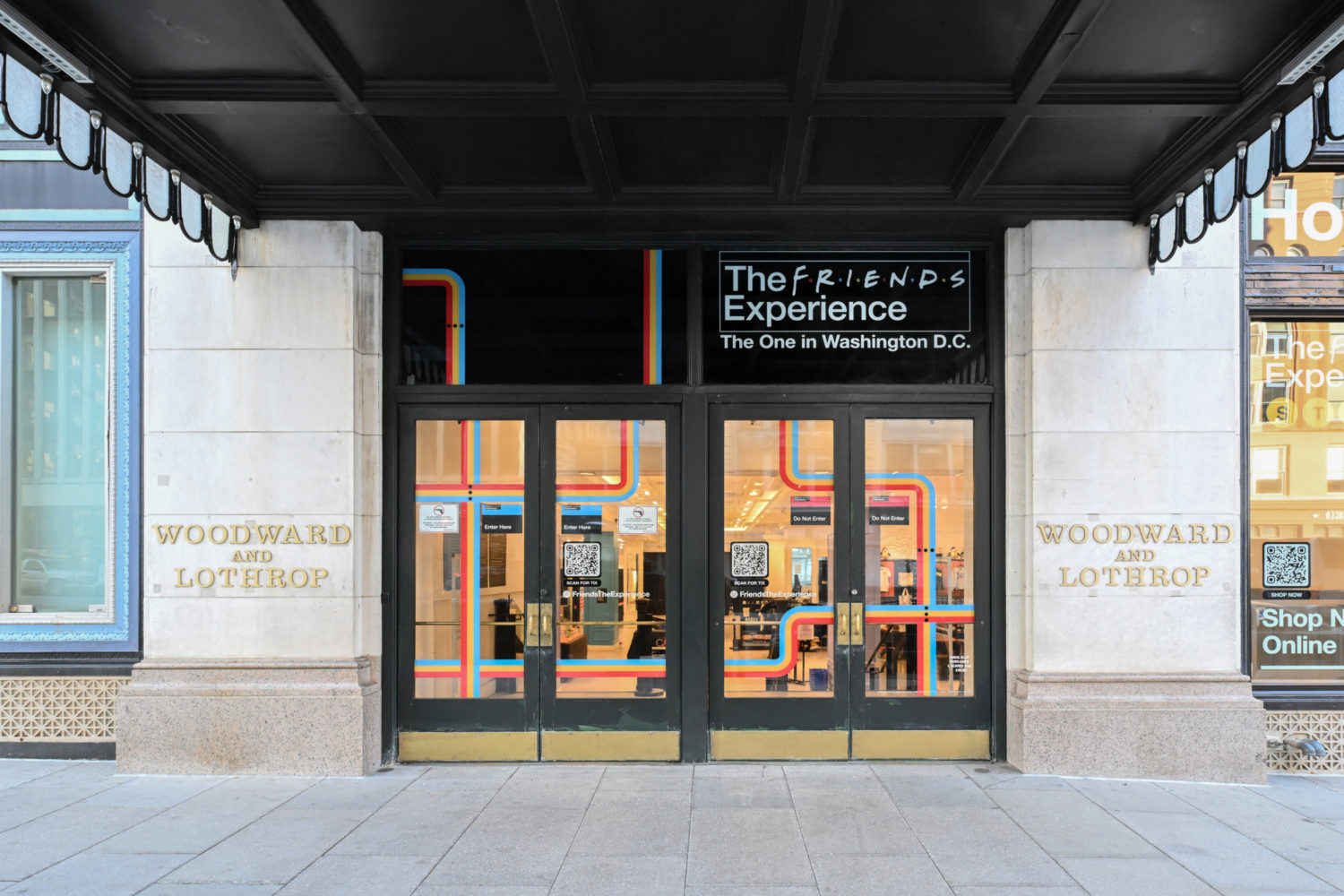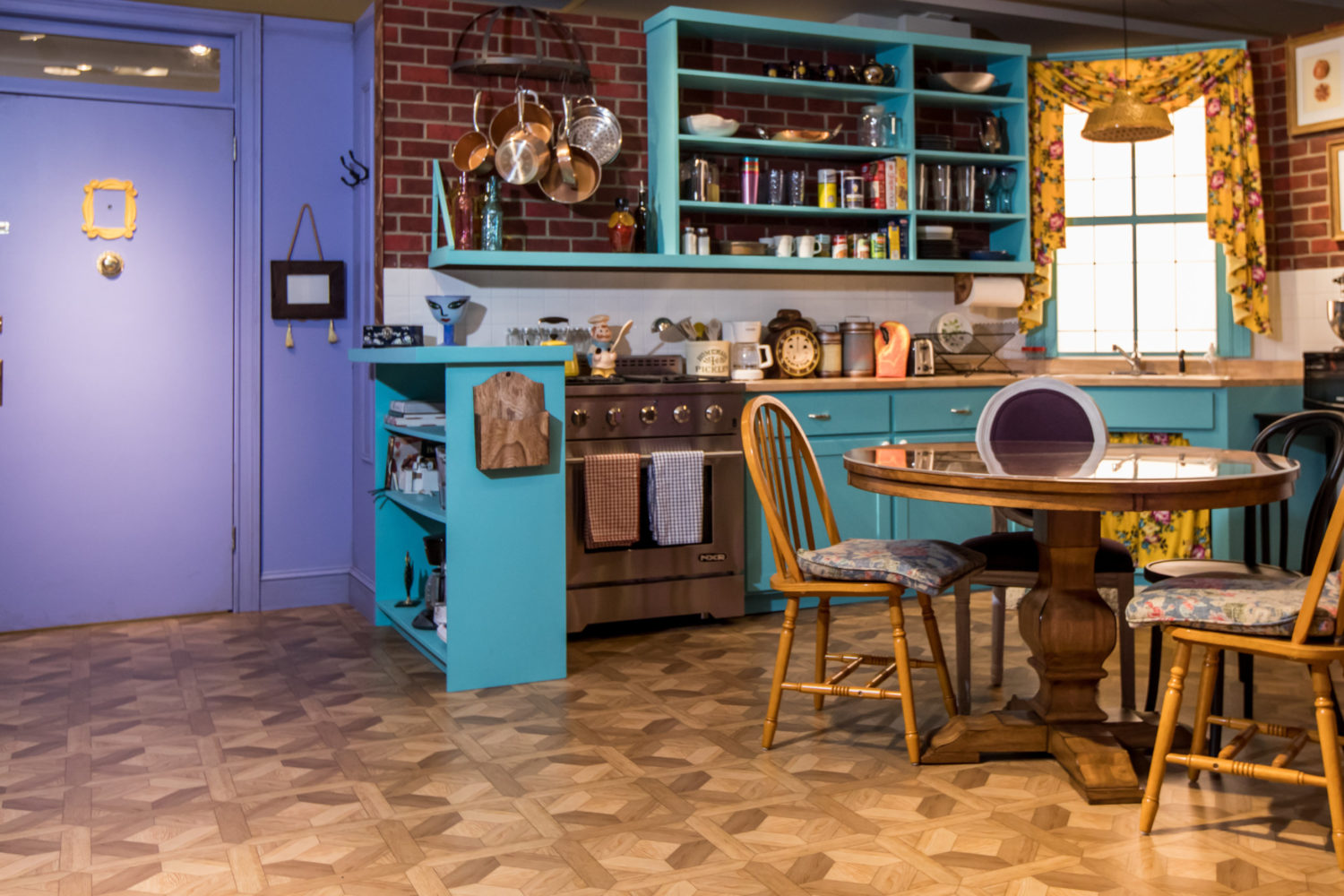On a recent Wednesday evening after work, I nervously got ready for my first-ever blind dinner date—not with a potential partner, but with five other potential friends. All I knew I knew in advance was the location—Teddy and the Bully Bar in Dupont—and the professions and zodiac signs of my dining companions.
Our “matchmaker” for the evening was an app called Timeleft, which connects local strangers around a dinner table. Many services like this one have popped up in the DC area over the last couple of years, but Timeleft is one of the more ubiquitous of the bunch, operating in over 260 international cities, including Los Angeles, Marrakech, and Seoul.
According to Laís de Oliveira, head of Timeleft’s North America office, DC is one of its most popular markets in the continent. In the ten months since the app launched in DC, she says nearly 10,000 Washingtonians have showed up for a dinner party.
Other friend-group-matchmaking companies include the Blind8 project, as well as membership-based the Dinner Table Club and women-only RealRoots. All of them began operations within the last two years—some, like the Dinner Table Club, originated in other metropolitan areas like New York City, while Blind8 got its start in DC.
“DC is the epitome of a transient city,” de Oliveira says about Timeleft’s success here. The stereotypes about DC’s on-the-move professional culture is nothing new. What is perhaps new, however, is a burgeoning feeling of loneliness as many professional and personal interactions remain remote post-pandemic.
For 34-year-old pharmacist Keene Saavedra, who lost much of his DC-based friend group to career relocations, this sentiment rings true. “You could be friends with someone for three or four years, and then you just have that gone and have to rebuild it,” he says. “I was just like, ‘How do I make friends with people?'”
The answer for a growing number of DC-area residents are these dinner parties. Some companies require attendees to purchase tickets online, while others recruit passersby on street corners. But they all promise one thing in common: the chance to get to know new people for a night out.
“Across different religions, different cultures, and all throughout history, a common theme has been coming together and breaking bread,” says Alessandro Garza, co-founder of Blind8, who stands with a sign reading “Dinner Party @ Ours?” to recruit guests in populous DC neighborhoods like the U-Street corridor. He hosts the scheduled dinner parties in his apartment twice a month. “Being surrounded by food and good conversation, it just flows.”
For many of these apps and websites, you’ll first have to fill out a questionnaire to get a seat at the table. Prior to my Timeleft dinner, I chose between binaries like “rock or rap?” and “emotions or logic?” and ranked myself on ordinal scales of introversion, political inclination, athleticism, and more. On RealRoots, this survey can take as long as 10 minutes to complete—and founder Dorothy Li argues that this method helps her “guarantee” a match with at least one person in your new friend group.
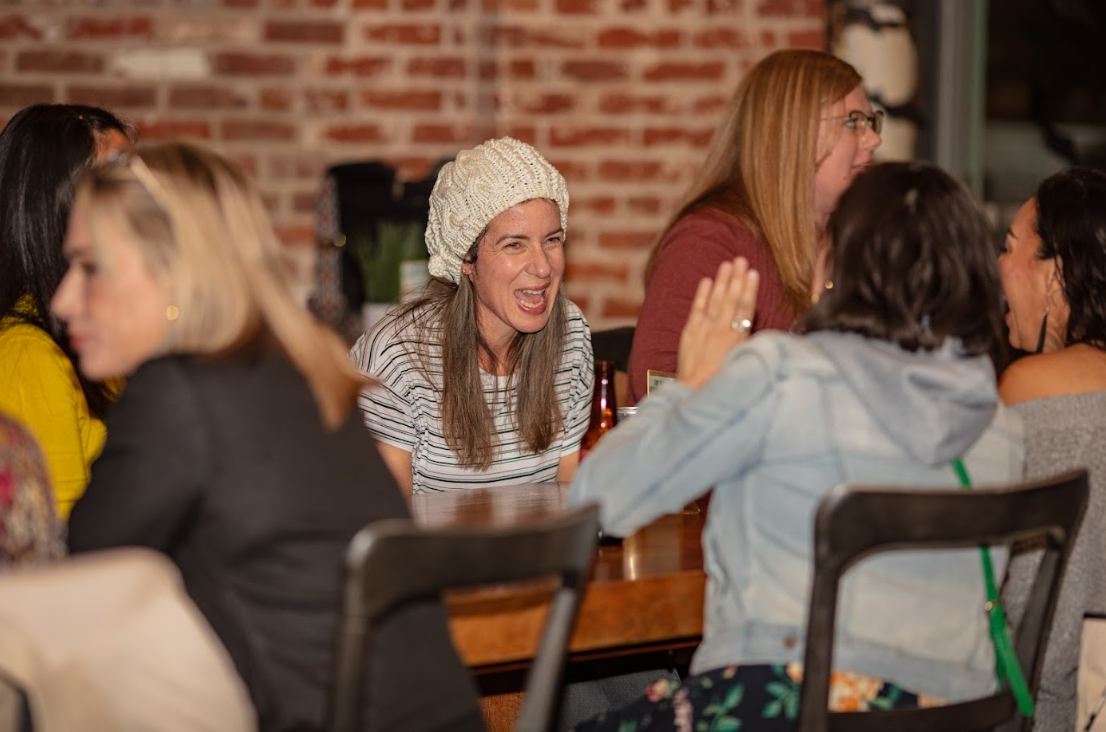
In the DC area, popular locations for these dinner parties include long-standing tapas hangout Boqueria, 1920s-themed eatery Gatsby, Union Market’s Jinya Ramen Bar, and newly-opened Logan Circle cocktail bar Giggle Water. Locations are screened by organization administrators, who look for restaurants with central locations, manageable noise levels, and menu options that accommodate a range of common dietary restrictions.
Once you’re ticketed and ready to eat, expect to meet people spanning ages, genders, and industries. The diversity at these dinner parties, says RealRoots’ Dorothy Li, is another reason why this model has been so successful in DC.
“People [who work in government] feel that they aren’t meeting their ideal friends in the work context quite as often,” she says. She attributes this phenomenon to the fact that government workers might skew both older and younger, as well as more male, than RealRoots’s user base, which is comprised of only women and offers dinners for ages 21 to 45-plus. “There needs to be a space for for them to look for a better, more intentional connection.”
DC’s professional culture can also make it more difficult to connect with people and form friendships. At these dinner parties, guests hope to find more common ground with their peers—and, in some cases, are successful. Timeleft loyalists, like 33-year-old technology project manager Cassie Andoh, says that these moments are what keep her coming back.
“My family is from Ghana, and so my culture is slightly different from the average American Black person here,” she says. At her first Timeleft dinner, she met someone who had traveled to—and spent meaningful time in—Ghana. “Meeting people that have not only been to Ghana, but also know where Ghana is, was one of the things that made me think, ‘Oh, wow. This app really works.'”
In DC, a group chat of Timeleft users on WhatsApp is currently comprised of over 600 people. It rings constantly—with questions about the app, pop culture memes, and hail-Mary calls for late-night group hangs or Sunday brunches. In a city where Saavedra says many young professionals “have more of a wall up,” the eager-to-socialize group is refreshing.
“I’m so grateful that the group chat has blossomed this big,” says Andoh, one of the chat’s admins. “I don’t think I would have met all the people in this group if it wasn’t for something like Timeleft.”
Over the four months that Saavedra has used Timeleft, he recalls plenty of bonding moments at his dinner tables—but admits that it can take work to keep these friendship connections going after the night ends.
“It’s kind of like dating,” he says. “If you want to get the most out of it, go multiple times.”
When the group’s chemistry is good, Wednesday nights can turn into Thursday mornings. After one Timeleft dinner, when Saavedra and 15 other Dupont Circle diners were reluctant to end the night, they found themselves at a karaoke bar—and then at another, and then at another—until they’d lost track of time. The next thing they knew, he says, it was 3 AM.
As for my foray into friend-dating, I did notice a moment when my fellow diners and I all started to ease up—when icebreakers became genuine curiosities, and when our laughter went from forced to effortless. Garza says he’s witnessed a similar shift in every single dinner he’s hosted. In fact, he argues that if you attend one of these dinners, you can count on one.
“There’s always a clicking point, where you crack the dinner,” Garza says. “I just take it in, looking at these strangers hitting it off that would have never met otherwise.”

